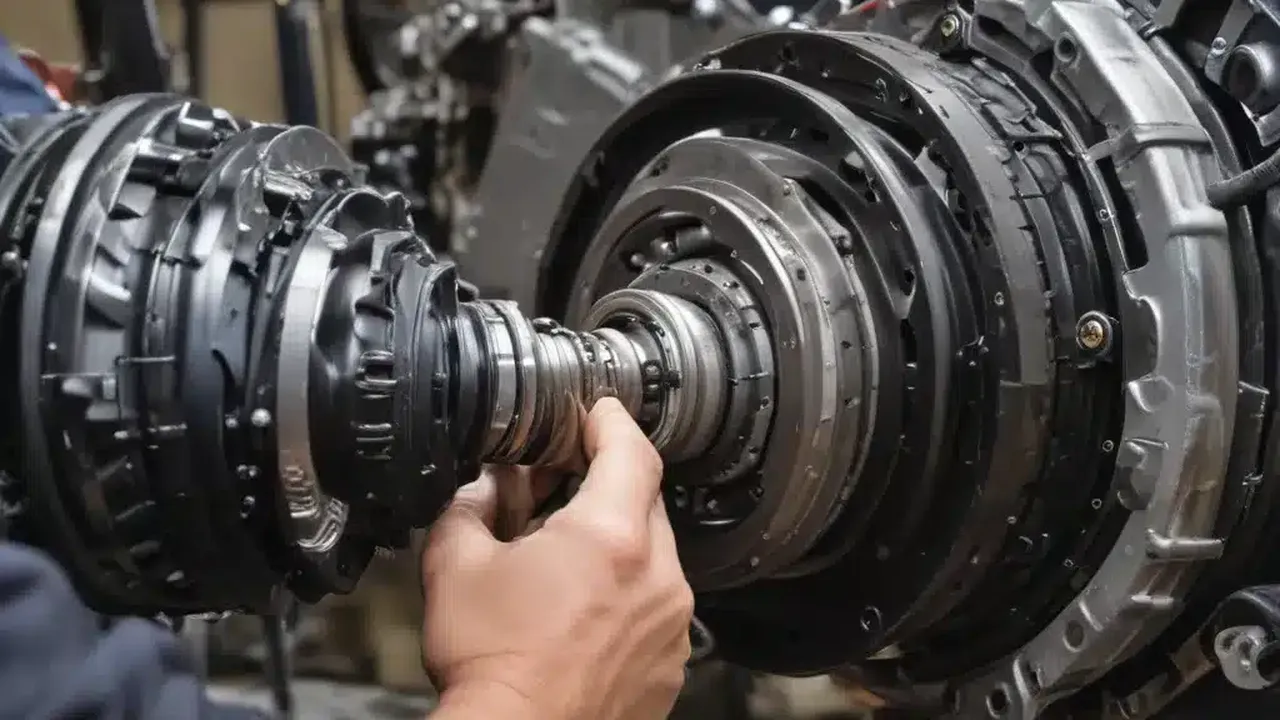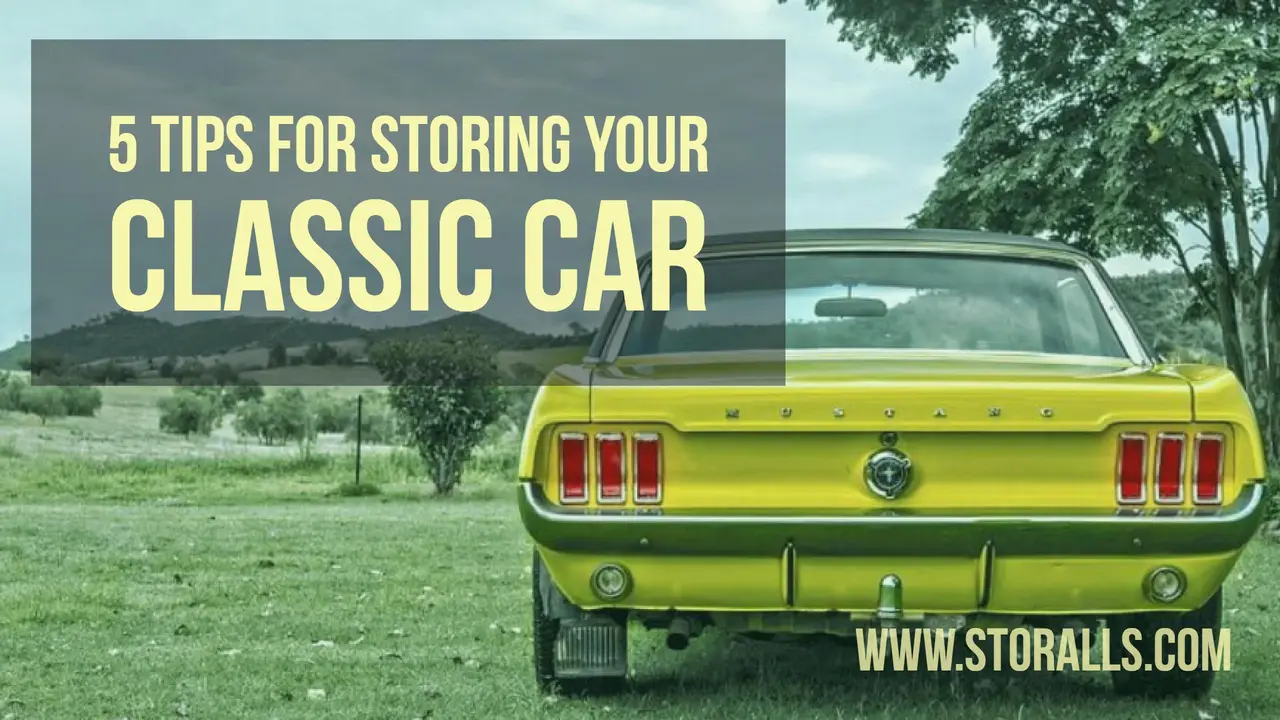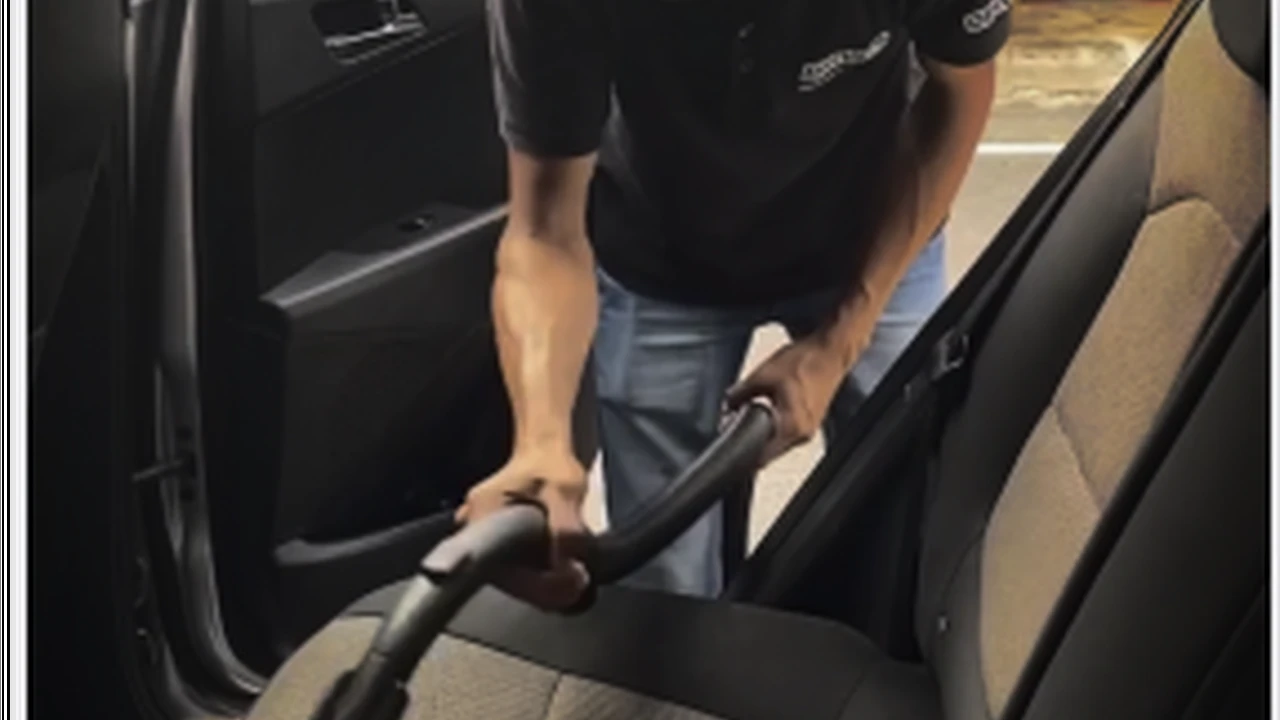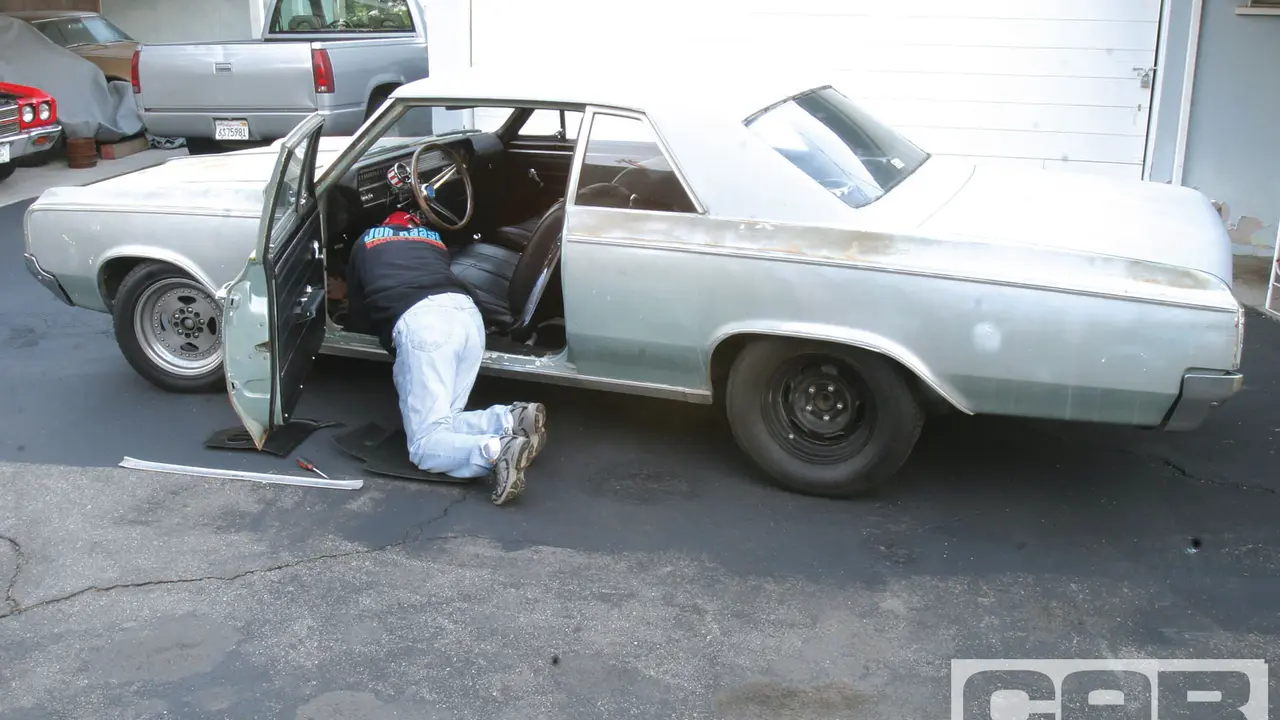7 Factors That Influence Classic Car Value
Understand the key factors that influence the value of a classic car. Learn how condition, rarity, and provenance affect pricing. Make informed buying and selling decisions.
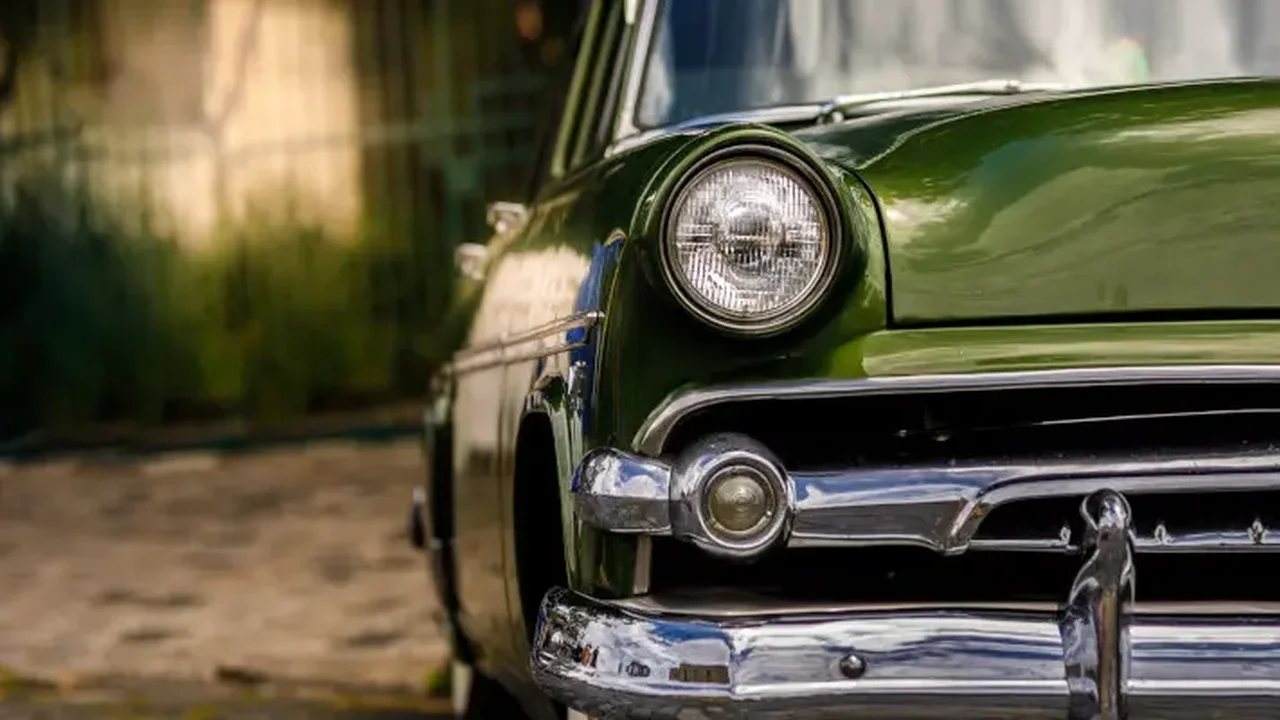
So, you're wondering what makes a classic car valuable? It's not just about age! Several factors come into play, and understanding them can help you make smart decisions whether you're buying, selling, or just admiring these beauties. Let's dive in!
Classic Car Condition and its Impact on Value
The condition of a classic car is arguably the most significant factor affecting its value. A pristine, showroom-quality car will always command a higher price than one that's been neglected and left to rust. Condition is typically graded on a scale, ranging from "Concours" (perfect, as-new condition) to "Parts Car" (suitable only for salvage). Here's a breakdown:
- Concours (Condition 1): Flawless, meticulously restored to original factory specifications. Every detail is perfect.
- Excellent (Condition 2): Restored or extremely well-maintained original. Minor imperfections are acceptable, but overall presentation is outstanding.
- Good (Condition 3): Presentable and enjoyable, but showing some wear and tear. May have some cosmetic flaws or minor mechanical issues.
- Fair (Condition 4): Showing significant wear and tear, with visible cosmetic flaws and potential mechanical problems. Needs work to be roadworthy.
- Poor (Condition 5): Significant damage, rust, and mechanical issues. Requires extensive restoration.
- Parts Car (Condition 6): Suitable only for salvage; too deteriorated to be restored.
Obviously, the higher the condition grade, the higher the value. Even small improvements in condition can significantly increase a car's worth. Think about it: a gleaming paint job, a meticulously detailed interior, and a smoothly running engine can transform a "Good" car into an "Excellent" one, potentially adding thousands of dollars to its value.
Classic Car Rarity and its Influence on Collectibility
Rarity is another crucial factor. The fewer examples of a particular model that were produced, the more valuable it's likely to be. Limited-edition models, cars with rare options, and those with low production numbers are highly sought after by collectors. Think about cars like the Shelby Cobra, the Ferrari 250 GTO, or the Tucker 48. These cars are incredibly rare, and their values reflect that scarcity, reaching into the millions of dollars. Even less extreme examples benefit from rarity; a specific color combination that was only offered for one year, or a particular engine option that was rarely selected, can make a car more desirable.
But how do you determine rarity? Research is key. Look into production numbers, option codes, and historical records. Classic car clubs and online forums are excellent resources for uncovering this information. Knowledge is power when it comes to assessing rarity and its impact on value.
Classic Car Provenance and the Story Behind the Vehicle
Provenance refers to a car's history and documentation. A well-documented car with a clear chain of ownership, especially if it has a significant history (e.g., raced by a famous driver, owned by a celebrity), will be more valuable than an identical car with no known history. Think of it as the car's "story." A car that was owned by Steve McQueen, for example, would command a significantly higher price than a similar car without that connection. Even less glamorous provenance can be valuable. Original sales documents, maintenance records, and restoration photos all contribute to a car's story and can increase its value.
Gathering and preserving documentation is crucial. Keep all receipts, invoices, and records related to the car's history. If possible, trace the car's ownership back to its original owner. The more complete and verifiable the car's provenance, the more valuable it will be.
Classic Car Market Demand and Consumer Preferences
Like any collectible, classic car values are influenced by market demand. Certain models become more popular over time, driven by nostalgia, media exposure, or changing collector tastes. The "hot" cars of today might be different from the "hot" cars of tomorrow, so it's important to stay informed about market trends. For example, cars from the 1980s and 1990s are becoming increasingly popular as collectors who grew up with those cars enter the market. Keep an eye on auction results, price guides, and expert analysis to understand current market demand.
Classic Car Restoration Quality and Authenticity
If a classic car has been restored, the quality and authenticity of the restoration are critical. A restoration that adheres to original factory specifications, using correct parts and techniques, will be more valuable than a restoration that deviates from the original design. Collectors value authenticity, so it's important to preserve as much of the original car as possible during the restoration process. This means using correct paint colors, upholstery fabrics, and mechanical components. Deviations from the original design can detract from the car's value, unless they are well-documented and historically significant modifications.
Classic Car Originality and the Value of Unrestored Examples
While high-quality restorations are valued, originality is also a significant factor. An unrestored car in good original condition can be highly desirable, especially if it's a rare or well-preserved example. These "time capsule" cars offer a glimpse into the past and are prized by collectors who appreciate originality. The key is "good original condition." A car that's been neglected and left to deteriorate is unlikely to be valuable, even if it's unrestored. But a well-maintained original car can be a true treasure.
Classic Car Location and Regional Market Variations
Believe it or not, the location of a classic car can also affect its value. Certain models are more popular in certain regions, and climate can also play a role. For example, convertibles might be more desirable in sunny climates, while four-wheel-drive vehicles might be more popular in areas with harsh winters. Market variations can also exist due to local preferences and historical factors. Research local market conditions to understand how location might affect the value of your car.
Recommended Products for Classic Car Valuation and Preservation
To properly assess and maintain the value of your classic car, consider these products:
- Price Guides: Hagerty Valuation Tools (online subscription, approx. $70/year) provides comprehensive pricing data and market analysis. Hemmings Motor News (print and online, approx. $50/year) offers a wide selection of classic cars for sale and provides insights into market trends.
- Use Case: Determining the fair market value of your classic car for buying, selling, or insurance purposes.
- Comparison: Hagerty focuses on insurance values and provides condition-based valuations, while Hemmings offers a broader market overview.
- Detailing Products: Meguiar's Classic Car Care Kit (approx. $50) includes everything you need to clean and protect your car's finish. Griot's Garage Best of Show Wax (approx. $40) provides a deep shine and long-lasting protection.
- Use Case: Maintaining the appearance of your classic car and preserving its paint.
- Comparison: Meguiar's is a widely available and affordable option, while Griot's Garage offers premium performance.
- Storage Products: CarCapsule Indoor Inflatable Car Storage Bubble (approx. $300) protects your car from dust, dirt, and moisture during storage. Battery Tender Plus (approx. $50) keeps your car's battery charged during long periods of inactivity.
- Use Case: Protecting your classic car during long-term storage.
- Comparison: CarCapsule provides comprehensive protection, while Battery Tender prevents battery drain.
- Documentation Supplies: Acid-free document sleeves and archival-quality paper (approx. $20) protect your car's important documents from damage. A digital scanner (approx. $100) allows you to create digital backups of your documents.
- Use Case: Preserving your car's provenance and increasing its value.
- Comparison: Acid-free sleeves protect physical documents, while a scanner creates digital backups.
Understanding these seven factors will empower you to make informed decisions about your classic car. Whether you're a seasoned collector or just starting out, knowledge is the key to unlocking the true value of these automotive treasures. Happy collecting!
:max_bytes(150000):strip_icc()/277019-baked-pork-chops-with-cream-of-mushroom-soup-DDMFS-beauty-4x3-BG-7505-5762b731cf30447d9cbbbbbf387beafa.jpg)



